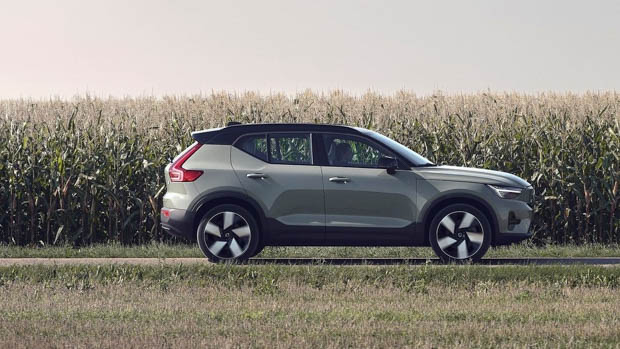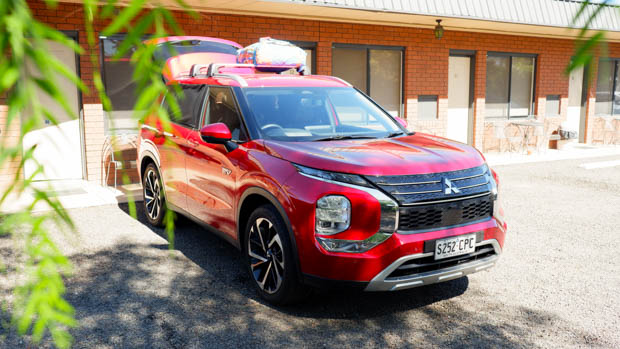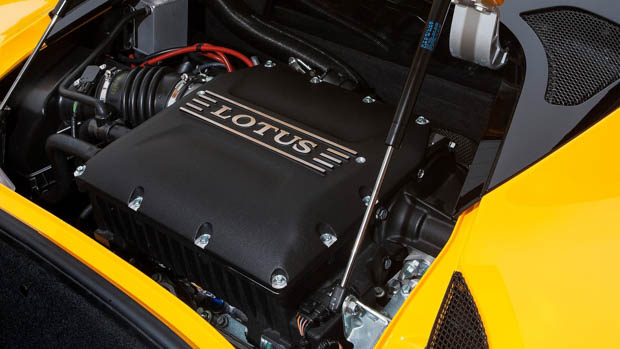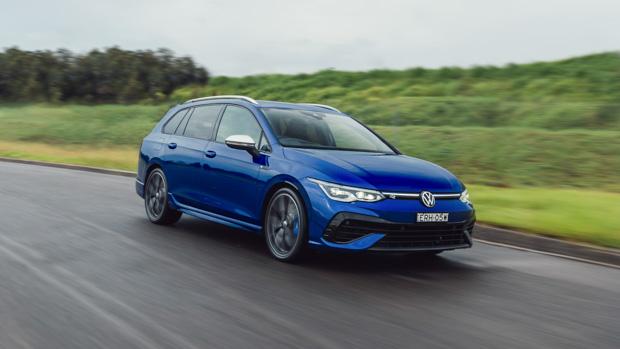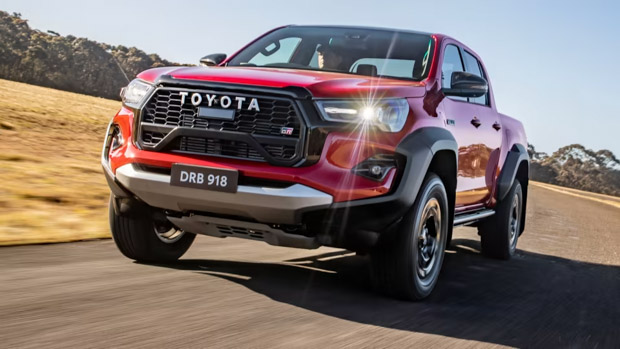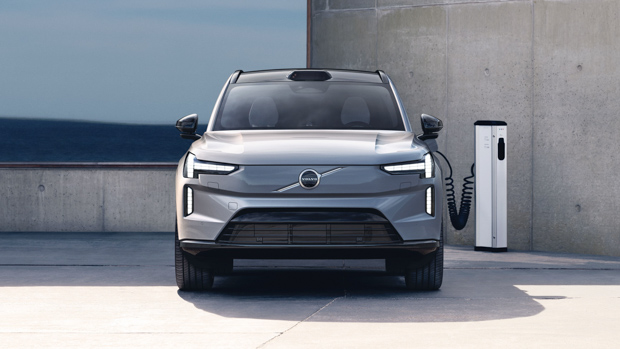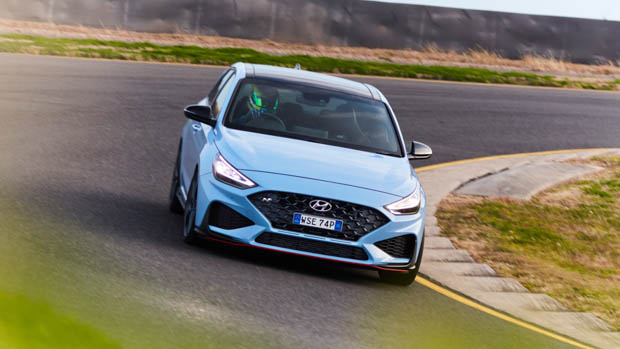-
Car Reviews
- All reviews
- Midsize SUVs
- Small cars
- Utes
- Small SUVs
- Large SUVs
- Large cars
- Sports SUVs
- Sports cars
- Vans
Latest reviews
- Car News
-
Car Comparisons
Latest comparisons
- Chasing Deals
The formal approval is set to take place in March, solidifying a future without internal combustion engines for the EU
The European Union has voted in favour to approve a law to ban all combustion engine vehicles sold in the EU from 2035.
The law received 340 votes for and 279 votes against and is set to be finalised in March 2023.
The new regulation will require all manufacturers to have a 100 percent reduction in C02 emissions from any new car sold in the EU from 2035 onwards.
By 2030, the European Union wants a 55 percent reduction in C02 outputs when compared to the 2021 threshold (95g C02/km), meaning that a combustion-powered vehicle sold in the region will need to produce less than 42.75g C02/km.
This will make a significant challenge for automakers, as this amount of C02 output is only really possible if the vehicle is a plug-in hybrid, or obviously, a fully-electric variant with no tailpipe emissions.
For instance, a Mitsubishi Outlander petrol currently produces 174g C02/km, while its PHEV variant produces just 35g C02/km.
Low-volume manufacturers may be given an exemption if they produce between 1000 and 10,000 new cars per year until 2035.
This means carmakers such as Pagani, Koenigsegg, Caterham and Lotus could be exempt for vehicles sold within the EU.
Any company producing less than 1000 cars per year will continue to be exempt even after 2035.
It is currently unclear how the European Union’s legislation will ultimately affect vehicle sales outside of the EU. Indeed, it is unknown whether internal combustion vehicles might still be manufactured beyond 2035 in the EU for export to other markets.
Many European brands currently manufacture vehicles in the US, South America, Asia and in Africa for sale in regions outside of the EU. And may well continue to do so.
Further, while some US states do align themselves with EU emissions standards, the US market – with larger sales volumes than the EU combined, at 13.4 million light vehicles – isn’t bound by regulations enforced elsewhere.
Australia, for its part, is intrinsically tied with legislative outcomes of other right-hand-drive markets such as the UK and Japan.
Most, if not all car manufacturers have plans in place to drastically reduce their emissions.
Ford plans to be all-electric by 2030, while brands such as Audi are planning to only introduce electric-powered cars by 2026.
Volvo’s Australian arm aims to also only sell electric cars by 2026, while Hyundai is aiming for 2030 as a major turning point for electrification.
BMW, meanwhile, aims to have at least half of its global car sales to be electric by 2030.
Australia is obviously not part of the European Union, however it’s a small market that relies on many manufacturers that sell to Europe, from Volkswagen and Ford to Hyundai, BMW and Toyota.
Europe had 12.8 million registrations in 2022, while Australia saw just over one million.
Even if Australia decides to not enact similar laws locally, global car manufacturers are unlikely to go out of their way to supply vehicles to Australia that are combustion-powered in 2035.
This means that the knock-on effect from the EU’s decision will affect what sort of cars are sold in Australia in the future.
Latest news
About Chasing cars
Chasing Cars reviews are 100% independent.
Because we are powered by Budget Direct Insurance, we don’t receive advertising or sales revenue from car manufacturers.
We’re truly independent – giving you Australia’s best car reviews.
